Scientific Partners
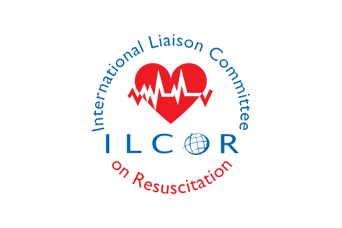
ILCOR | International Liaison Committee on Resuscitation
The International Liaison Committee on Resuscitation (ILCOR) was formed in 1992 to provide a forum for liaison between principal resuscitation organisations worldwide. Although the criteria for participation were not closely defined, member organisations were expected to have an accepted remit for creating resuscitation guidelines, preferably for more than one country, and to be multidisciplinary in membership.
At present, ILCOR comprises representatives of:
American Heart Association (AHA)
Australian and New Zealand Committee on Resuscitation (ANZCOR)
Australian Resuscitation Council
New Zealand Resuscitation Council
European Resuscitation Council (ERC)
Heart and Stroke Foundation of Canada (HSFC)
Inter American Heart Foundation (IAHF)
Indian Resuscitation Council Federation (IRCF)
Resuscitation Council of Asia (RCA)
Resuscitation Council of Southern Africa (RCSA)
Collaborating Organisation
International Federation of Red Cross and Red Crescent (IFRC)
The objectives of the ILCOR are to:
Provide a forum for discussion and for coordination of all aspects of cardiopulmonary and cerebral resuscitation worldwide.
Foster scientific research in areas of resuscitation where there is a lack of data or where there is controversy.
Disseminate information on training and education in resuscitation.
Provide a mechanism for collecting, reviewing and sharing international scientific data on resuscitation.
Produce statements on specific issues related to resuscitation that reflect international consensus.
ILCOR CoSTRs (Consensus on Science and Treatment Recommendations) can be found on the ILCOR CoSTR website.
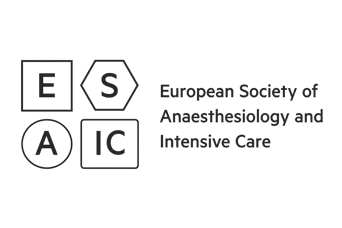
ESAIC | European Society of Anaesthesiology and Intensive Care
The European Society of Anaesthesiology and Intensive Care (ESAIC) is dedicated to supporting professionals in anaesthesiology and intensive care by serving as the hub for development and dissemination of valuable educational, scientific, research, and networking resources.
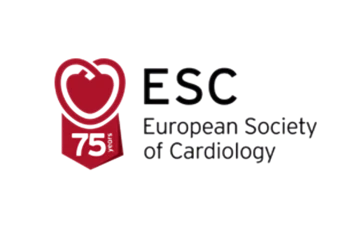
ESC | European Society of Cardiology
The European Society of Cardiology (ESC) is a world leader in the discovery and dissemination of best practices in cardiovascular medicine. The ESC is a volunteer-led, not-for-profit medical society.
Their members and decision-makers are scientists, clinicians, nurses and allied professionals working in all fields of cardiology.
The ESC unites national cardiac societies from around the world. This unique network allows them to understand the impact of cardiovascular disease and how they can better reduce its burden.
Mission of ESC
To reduce the burden of cardiovascular disease in Europe.
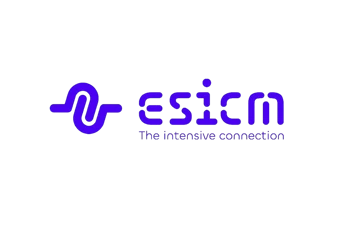
ESICM | European Society of Intensive Care Medecine
The European Society of Intensive Care Medicine (ESICM) is an independent, non-profit organisation, founded in Geneva in March 1982. It is an association of individual persons.
Objective
ESICM supports and promotes the advancement of knowledge in intensive care medicine, in particular the promotion of the highest standards of multidisciplinary care of critically ill patients and their families through education, research and professional development.
Aims and Missions
ESICM will endeavour to realise this objective by promoting and coordinating activities in the different fields of intensive care medicine fostering research and education in these fields providing recommendations for optimising facilities for intensive care medicine in Europe organising and coordinating international congresses and meetings.
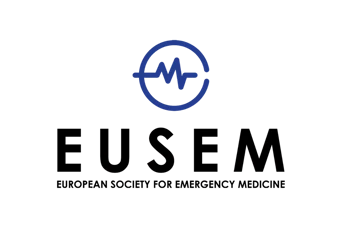
EuSEM | European Society for Emergency Medecine
The European Society for Emergency Medicine (EuSEM) is a non-profit scientific organisation whose vision is to ensure every patient receives the best Emergency Care in Europe. Beginning as a society of individuals in 1994 from a multidisciplinary group of experts in emergency medicine, EuSEM membership has grown to include 38 European national societies as well as individual members. EuSEM represents over 40,000 Health Care Professionals working in the field of Emergency Medicine in Europe.
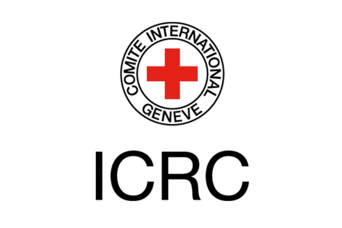
IFRC | International Federation of Red Cross and Red Crescent Societies
The International Federation of Red Cross and Red Crescent Societies (IFRC) is the world's largest humanitarian network. The secretariat supports local Red Cross and Red Crescent action in more than 191 countries, bringing together more than 16 million volunteers for the good of humanity.
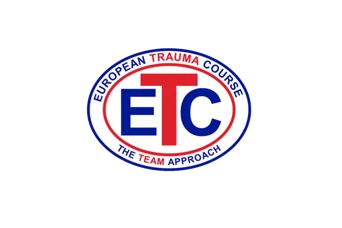
ETCO | European Trauma Course Organisation
The European Trauma Course Organisation (ETCO) provides internationally accredited, multi-speciality training designed to improve the care of severely injured patients. Its programmes include immersive, scenario-based teaching and online learning to deliver a comprehensive approach that develops both technical and non-technical skills.
Aimed at all members of the trauma team, ETCO’s courses embrace effective teamwork across disciplines, ensuring that candidates are equipped with the knowledge, confidence, and practical skills to optimise care for complex trauma patients.
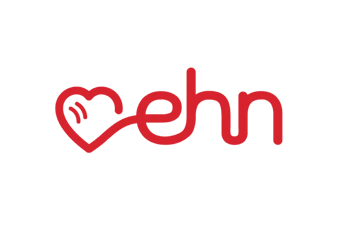
EHN | European Heart Network
The European Heart Network (EHN) is a Brussels-based alliance of heart foundations and likeminded non-governmental organisations throughout Europe, with member organisations in 25 countries. The EHN plays a leading role in the prevention and reduction of cardiovascular diseases, in particular heart disease and stroke, through advocacy, networking, capacity-building and patient support, so that they are no longer a major cause of premature death and disability throughout Europe.
The EHN's vision is that: Every European has a right to a life free from avoidable cardiovascular diseases.
To achieve this vision, EHN dedicates itself to:
influencing European policy makers in favour of a heart-healthy lifestyle.
creating and nurturing ties between organisations concerned with heart health promotion and cardiovascular disease prevention.
gathering and disseminating information relevant to heart health promotion and cardiovascular disease prevention.
strengthening our membership capacity.